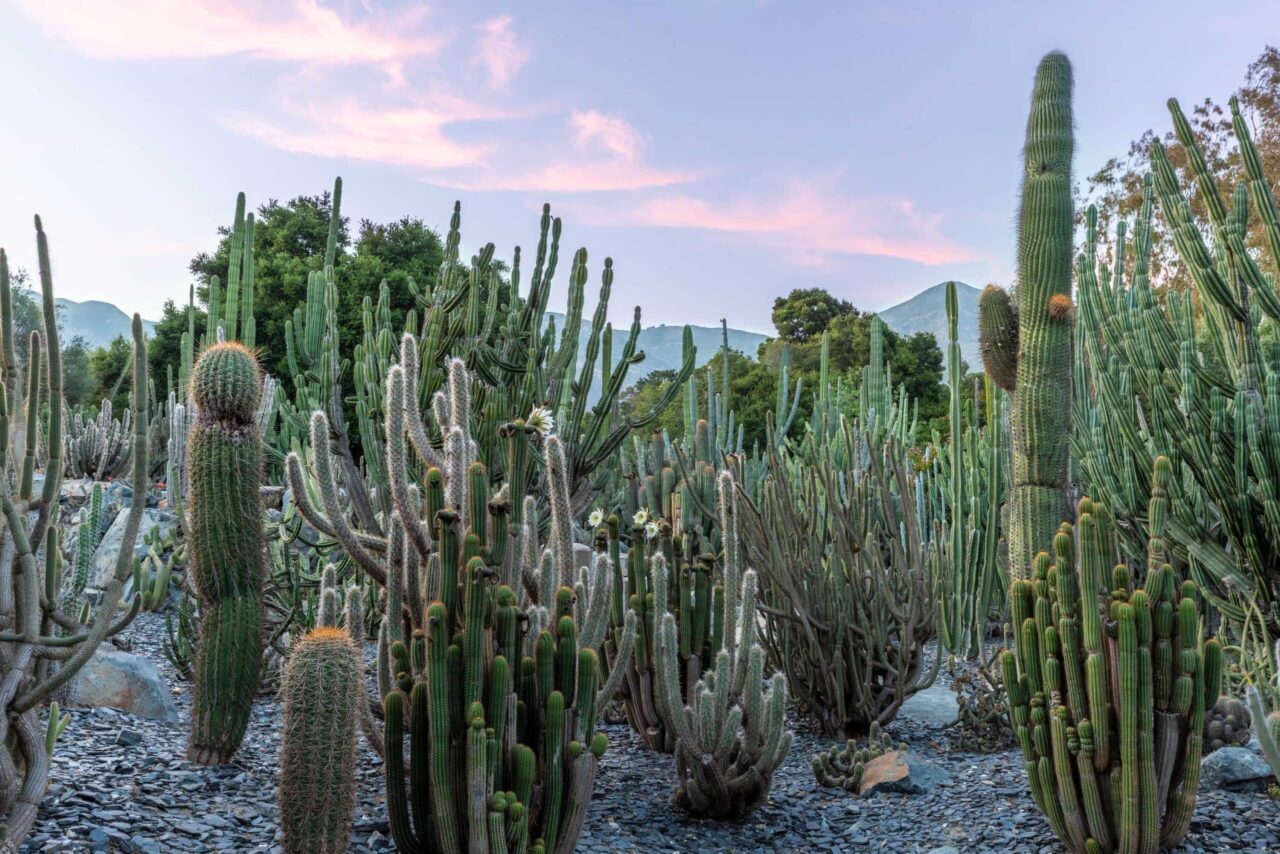The public tour season for 2024 is now closed. The Garden re-opens for public tours on February 15. We look forward to welcoming you in 2025.
International Cooperation
International Cooperation
CITES (Convention on International Trade in Endangered Species of Wild Fauna and Flora) was drafted as a result of a resolution adopted in 1963 at a meeting of members of IUCN (International Union for Conservation of Nature). The text of the Convention was finally agreed at a meeting of representatives of 80 countries in Washington DC., United States of America, on 3 March 1973, and on 1 July 1975 CITES entered in force.
Because the trade in wild animals and plants crosses borders between countries, the effort to regulate it requires international cooperation to safeguard certain species from over-exploitation. CITES was conceived in the spirit of such cooperation.
Today, it accords varying degrees of protection to more than 30,000 species of animals and plants, whether they are traded as live specimens, fur coats or dried herbs.

Madame Walska began collecting her rare plants as early as 1950 or so, beginning with numbers of cacti and other succulents. Her Aloe collection was greatly augmented in the early 1970s and her Cycad Garden was constructed beginning in 1975.
All of the plants that she was able to purchase for these gardens were collected or propagated prior to the initiation of CITES. Her garden director at that time was a very knowledgeable and responsible plant collector and followed the letter and intent of the new agreement in all further plant acquisitions.
After Madame Walska’s death the Board of Trustees and staff committed to pursuing the highest standards of plant collection and display.
In 1999, Lotusland was granted a CITES Certificate of Scientific Exchange. As such, Lotusland may trade with any other scientific institution registered with CITES.
In 2005, Lotusland was also approved to receive confiscated plants as an official Plant Rescue Center for the United States Department of the Interior, Fish and Wildlife Service.
